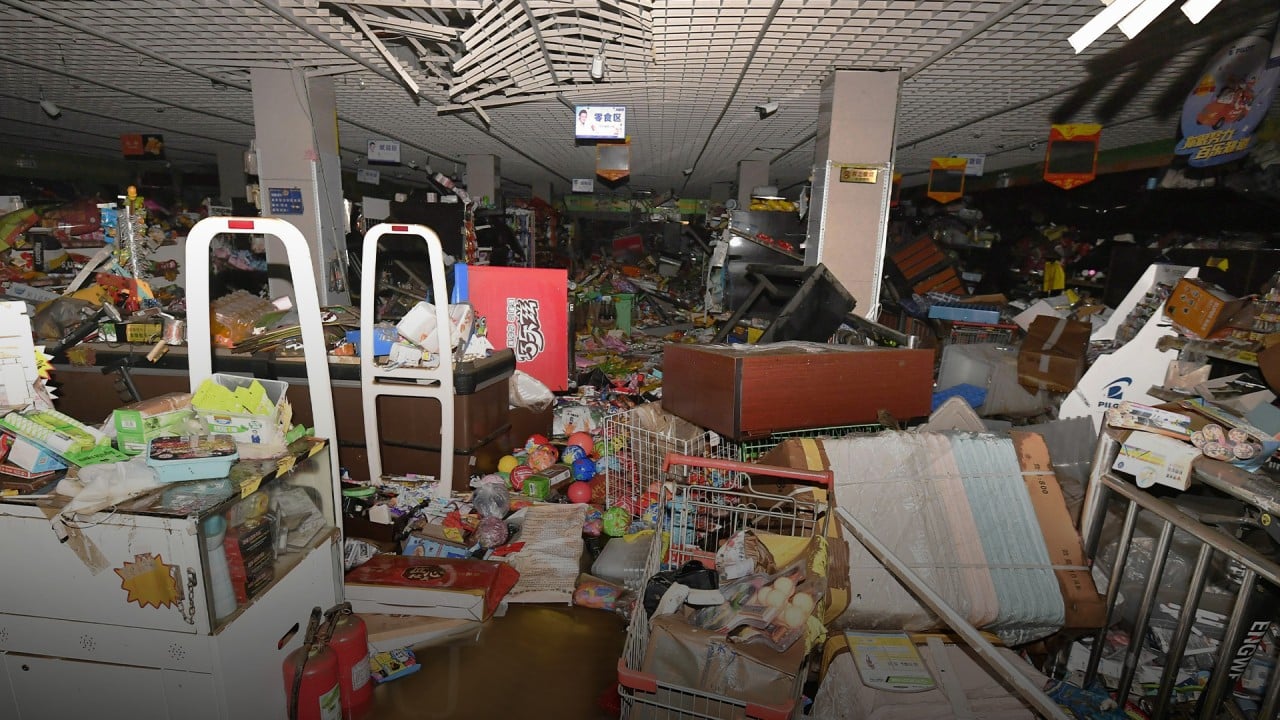
China to release commodities ‘essential for livelihood’ after Henan floods, amid rise in coronavirus cases
- National Development and Reform Commission (NDRC) says it will strengthen control and prevention of African swine fever after the flooding in Henan province
- Its also said that it will ensure supplies of essential produce from the impact of the floods and the coronavirus
China said it will release reserves of commodities “essential for livelihood” in a timely and targeted manner, the state planner said on Friday, after floods hit some regions and amid a resurgence of coronavirus infections in the country.
The NDRC said in a statement it will ensure prices do not rise sharply while assuring market supply of important livelihood commodities.
China will strengthen market supervision and severely crack down on fabricating and spreading price increase information, hoarding and collusion to drive up prices, it said.
China has also seen a resurgence of coronavirus outbreaks recently with 124 new cases reported on Friday.
Yangzhou city in eastern Jiangsu province, one of the worst hit by coronavirus outbreaks recently, saw prices of vegetables rise 50 per cent on July 27 with pork, seafood and eggs also seeing sharp increases, an official at the Yangzhou Municipal Development and Reform Commission said on Tuesday.
Supply of vegetables and other major agricultural products, and prices of important agricultural products would soon return to normal levels in Yangzhou, according to Jiang Kaisheng, deputy director at the Yangzhou Municipal Development and Reform Commission.

03:37
Counting the financial cost of deadly flooding in China’s central city of Zhengzhou
China also aims to maintain its breeding sow herd at about 43 million head during the period to 2025, the government said on Friday, as it looks to put herd production on a firm footing since numbers were decimated by African swine fever.
Following the onslaught of the disease first detected in China in 2018, output has recovered to levels in normal years, but its foundation needs to be strengthened to ensure secure supplies, the government said in a policy document.
The minimum sow inventory will not be less than 40 million head over the period from 2021 to 2025, the agriculture ministry and other ministries said in a joint statement.
Last month, a government official said China’s pig herd numbered 439 million head at the end of June, up 99.4 per cent from the end-2017 level, while the sow herd of 45.64 million was up 102 per cent from the same period.
China will advise pig farmers to restock sows or get rid of less productive ones when the monthly sow herd changes more than 5 per cent from the previous year, Friday’s document shows.
Beijing has released pork from state reserves to adjust market supplies and prices, in a recent scheme to stabilise hog production.
China has also urged local authorities to register pig farms with more than 500 animals, monitoring output and operation. Provincial governments will be set a target for the sow herd and larger farms, the statement showed.
Provincial administrations can offer spot subsidies to larger farms if the monthly sow herd drops more than a tenth from the previous year or live hog farming racks up losses for longer than three months in a row, it said.

